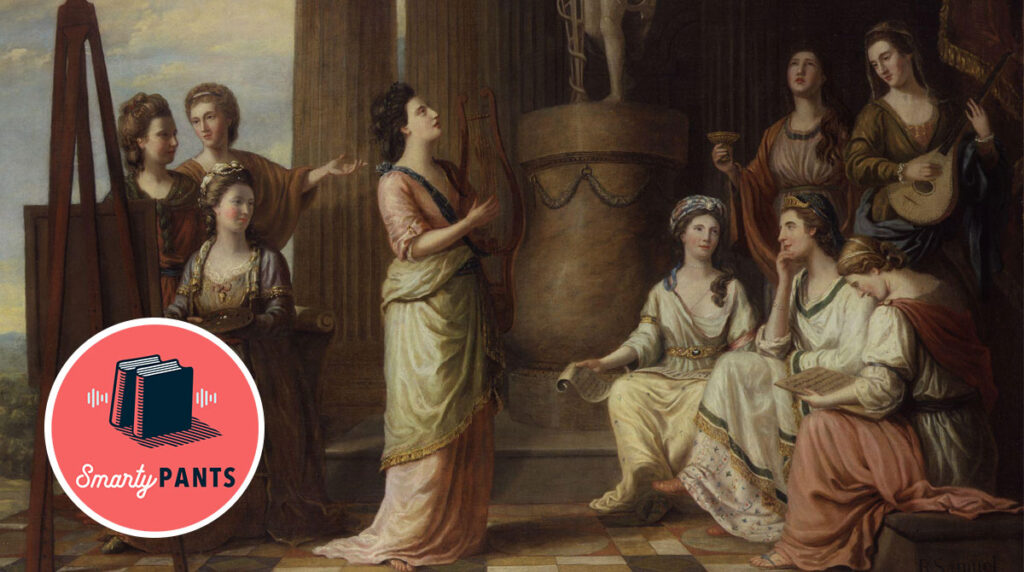This Woman’s Work
Susannah Gibson opens the parlor doors on 18th-century feminism

In 1748, Lord Chesterfield told his son not to expect much from women: they “are only children of a larger growth; they have an entertaining tattle, and sometimes wit; but for solid, reasoning good sense, I never knew in my life one who had it, or who reasoned and acted consequentially for four-and-twenty hours together.” In 1739, an anonymous pamphleteer laid out the case for Man Superior to Woman; or, a Vindication of Man’s Natural Right of Sovereign Authority over the Woman, writing that even if a woman was educated, “if this Lady is a scholar she is a very sluttish one; and the much she reads is to very little Purpose.” This was the terrain, writes the Irish historian Susannah Gibson in her new book, The Bluestockings, in which Elizabeth Montagu dared to host weekly salons about the intellectual debates of the moment—among the hottest of which was whether or not women should even be engaging in such discussions in the company of men. At Montagu’s table, Samuel Johnson rubbed elbows with the likes of the classicist Elizabeth Carter, the historian Catharine Macauley, and the novelist Frances Burney. Gibson’s new book paints a group portrait of these varied women, the polite challenge they posed to the patriarchy, and the forces that would eventually lead to the unraveling of their power.
Go beyond the episode:
- Susannah Gibson’s The Bluestockings: A History of the First Women’s Movement
- Read Frances Burney’s classic comedy of manners Evelina, Or, the History of a Young Lady’s Entrance into the World
- Ann Yearsley’s poetry is widely available online—her range is evident in work like “A Poem on the Inhumanity of the Slave-Trade” and “The Indifferent Sheperdess to Colin,” but her spiciest lines might well be the “Letter to Mrs. Montagu” that opens Poems, on Several Occasions
- Peruse Hester Thrale’s Thraliana, Volume I and II
- Sarah Scott’s utopian Millenium Hall is still in print!
- Knit your way through the Bluestockings book by Kate Davies
Tune in every (other) week to catch interviews with the liveliest voices from literature, the arts, sciences, history, and public affairs; reports on cutting-edge works in progress; long-form narratives; and compelling excerpts from new books. Hosted by Stephanie Bastek and sponsored by the Phi Beta Kappa Society.
Subscribe: iTunes/Apple • Amazon • Google • Acast • Pandora • RSS Feed
Download the audio here (right click to “save link as …”)
Have suggestions for projects you’d like us to catch up on, or writers you want to hear from? Send us a note: podcast [at] theamericanscholar [dot] org. And rate us on iTunes!


